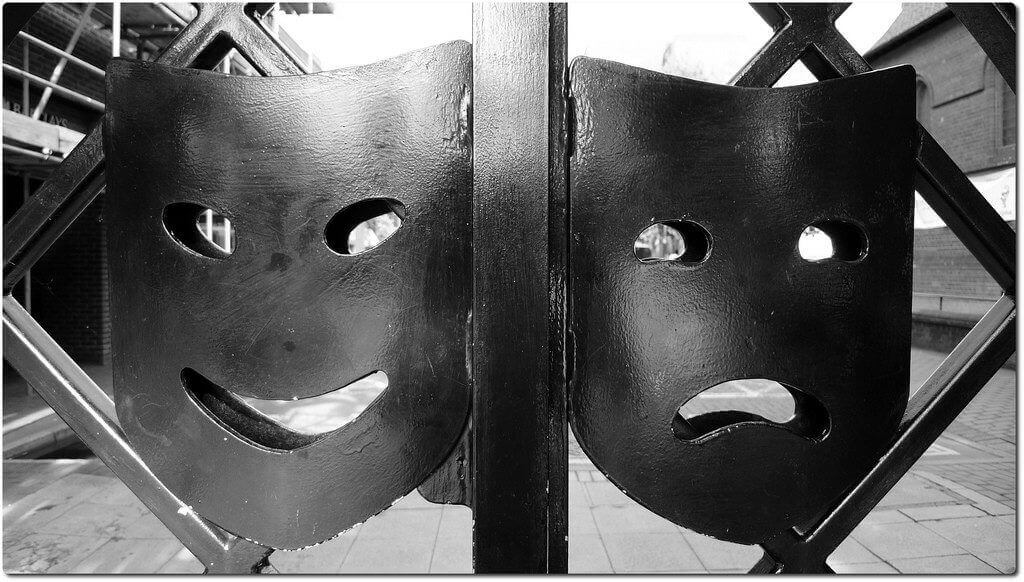
I remember the days when my family and I wanted to go for holidays, and we would always reach out to travel agents. Those folks would book our flights or trains, our stay, and also, arrange all the sightseeing.
NB: This is an article from eZee Absolute
And today, even after the internet has seeped in our lives, we don’t book directly — be it flights or hotels. The only thing that has changed is instead of travel agents, we buy packages right from the online travel agents (OTAs).
Personally speaking, OTAs have made things really simple.
Subscribe to our weekly newsletter and stay up to date
Why would I book individually when I am getting everything in one place? On top of that, they get me deals that I mostly don’t find on my own or they are not available on hotel websites.
But lately, I came to know that OTAs and hotels are not getting along well. And as a consumer, I know why that is the case.
To be honest, OTAs are not the ones to be blamed for this shaky situation. It’s the balance that hotels fail to strike, the dependency that hotels have on OTAs, and the negligence that hotels have towards other sources.
No, I am not blaming hotels either. But this is something very common in hotels and needs to be addressed.
But before that, let me ask you a few questions:
- How many OTAs are you listed on?
- How much commission do you payout for each booking?
- What’s your ratio of OTA bookings to direct hotel bookings?
- Does your hotel website provide a seamless experience to guests just like OTAs?
- How much profit will you make if your OTA bookings are always higher than other sources?
If you can answer these, then I am sure you already get the point I am trying to make here. Relying only on OTAs will definitely cost you business.
Even though your occupancy will be high, your profit margin will be low.
So, in this blog, I would like to help you understand that OTAs are not the only avenues for your hotel bookings. There are other available ways that will help you reduce OTA dependency and also, contribute to your overall revenue.
Here Are 10 Ways to Reduce OTA Reliance
OTAs have their own set of benefits without a doubt, but one cannot overlook the challenges they present. And hotels must look for ways to avoid putting all their eggs in one basket.
#1 Analyse channel distribution
When you go about strategizing your distribution, you must start with analysis. And it begins with acquiring the right set of data from the right sources. Be it booking patterns, age group, or determining which channels are prime sources of your reservations.
That’s not all. Identify the market (by which I mean, your competitors as well) and try to determine what strategies they are deploying.
You’ll be able to gather accurate data for in-depth analysis and get an idea about your target demographic and demand for your hotel. It will empower you to make much more informed decisions and develop a successful channel distribution strategy.
For example: Post-analysis results show that people are booking from OTAs because of the experience they provide. You can take that into consideration and work on your website booking experience. Make it as user-friendly as possible.
#2 Incorporate a strong pricing strategy
I cannot emphasise enough on the importance of having a strong pricing strategy!!
Let me ask you a question. Why would someone book with you directly, if they are getting the same room at a lower price on an OTA?
There are many, MANY hotels around the world that keep complaining about low conversion rates on their website. But they always fail to notice or maybe they overlook the fact that their rates are lower on OTAs.
Please. This is a request. DO NOT put up lower rates on OTAs than on your hotel website. If you do this, then you’re going to miss out on a lot of direct bookings.
#3 Work on your website experience
I would never book with a hotel that doesn’t have a proper website or doesn’t have a website.
The experience that a guest/potential guest gets on your website is pivotal for conversion. The more user friendly your website is, the more likely you are to drive bookings from it.



